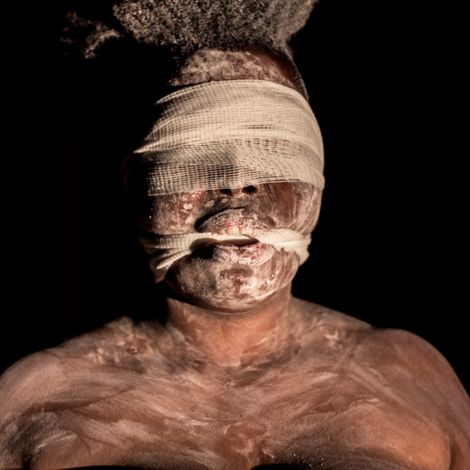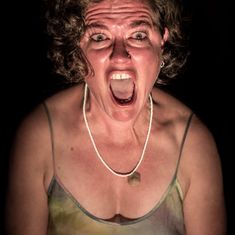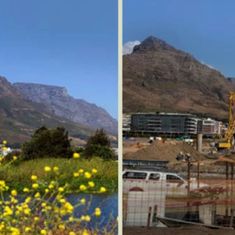Ukuzila/Lament





Women and community members perform ancient lamentation rituals at a contested site in Cape Town, South Africa, where there has been historical violence against women and indigenous lands. Our project explores the intimate correlation between the degradation of the natural world and interdependent ecologies, and the exploitation, domination, and violence against women.
Collaborating with internationally renowned voice experts and South African performers, we have chosen the sacred land of the Liesbeek River. The event will be filmed and include short interviews with activists and artists.
Global retail giant Amazon is building its $284 million African headquarters on contested indigenous land in Cape Town. The floodplain, at the confluence of the Black and Liesbeek rivers, is of great heritage significance to the Khoi and San, First Nations people of South Africa. Historically, the site has been documented as pastoral grounds for the Goringhaicona Khoi groups in pre-colonial times. It is also claimed it is the site of the first battle between indigenous people and Portuguese colonists who landed on South African shores more than 500 years ago. The Khoi victory over the Portuguese in 1510 and later their defeat of the Dutch in 1660 has inscribed the land as the first site of colonial defiance. The land bears heritage-- is the site for commemoration and memory and is critical to the revivalist movement of First Nations people. The rivers and its diverse ecosystems are intrinsic to First Nation identity and connection to Spirit. It is also an ecologically significant green urban corridor that mitigates against flooding in a time of climate change and hosts a diversity of wildlife. In this context, Amazon's development is considered a sacrilege, a violent recolonization of place and people in the interest of global corporate capital. The female body is also a "contested site," as women are disproportionately affected by violence and discrimination.